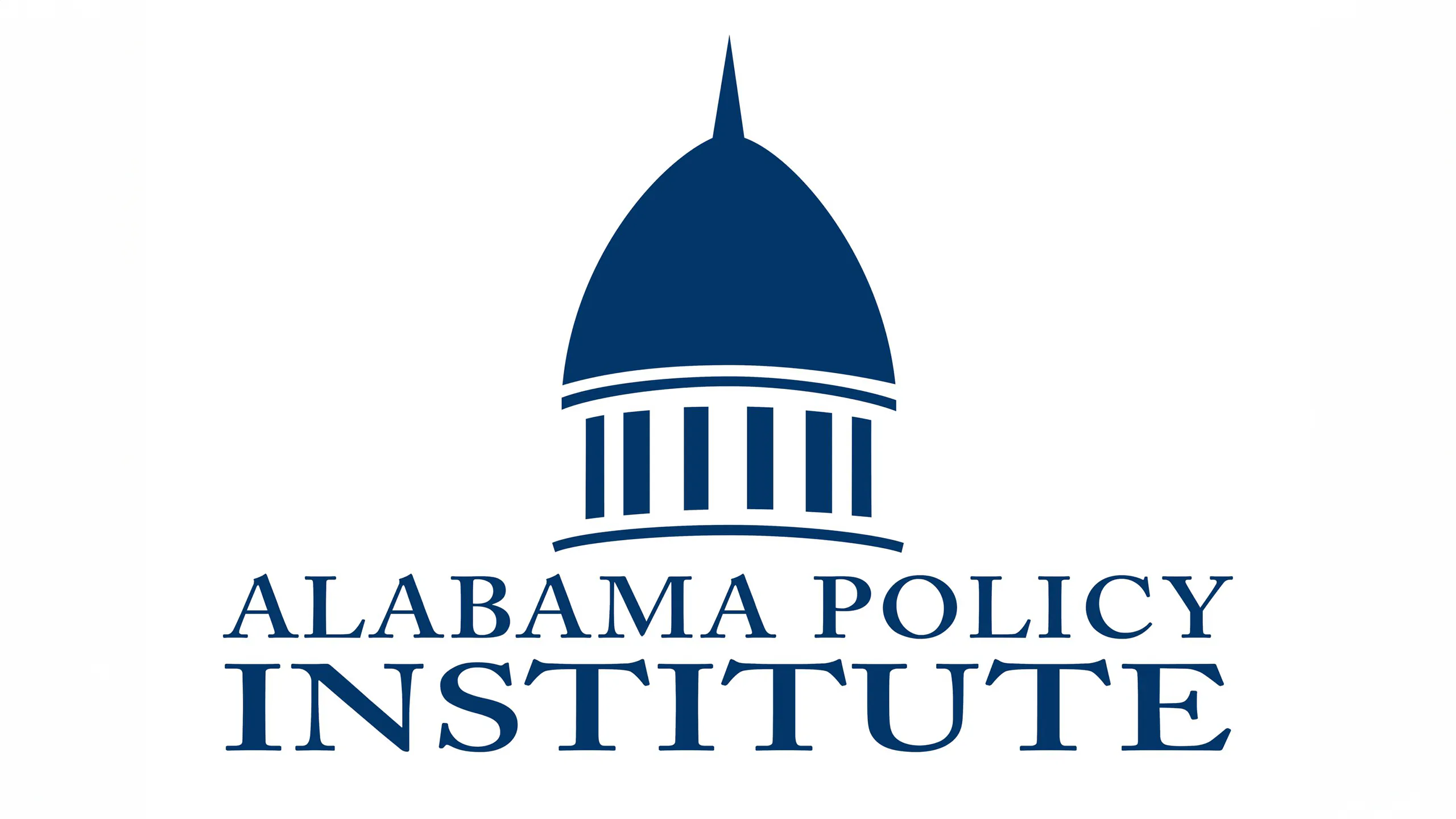|
Getting your Trinity Audio player ready...
|
The right-wing think tank Alabama Policy Institute released its “2024 Blueprint for Alabama” on Monday, setting 30 policy priorities.
These priorities include removing barriers to allow 14- and 15-year-olds to join the labor force, while creating barriers for them to make medical decisions or read library books.
Citing the state’s labor shortage, the Blueprint identifies minor workers as a potential solution, and highlights a requirement that schools submit an “eligibility to work form” as a hindrance to teens joining the labor force. This form requires students to be in good standing with their school, showing sufficient attendance and progress.
The blueprint also suggests minors are being exposed to inappropriate materials in public libraries, and that reforms should be pursued to ensure such content is not available to them, though no specific policies are cited.
Another policy objective is to increase the age of consent for medical procedures, which is currently 14 years old in most situations. The document does not specify a new age for the age of majority.
Although the Alabama Legislature seems primed to tackle a gaming bill, API continues to resist efforts to pass a lottery bill, calling it a “perverse incentive” for the government that is both fiscally and socially irresponsible.
The platform also includes support for “educational freedom,” which suggests the coming push for an Education Savings Account system, but the document doesn’t lay out specific ways to pursue educational freedom.
Several priorities reference the Covid-19 pandemic, including “protecting the health freedom” of citizens, generally referring to government mandates in response to the crisis. Two other priorities are reshaping how the State Health Officer is appointed (by the governor instead of the public health committee) and giving the Legislature power to curtail the governor’s emergency powers.
Regarding abortion, API emphasizes that the Legislature needs to act to ensure abortion-inducing drugs are prohibited to meet the intent of the state’s abortion law. Currently, women are not penalized under the law for terminating their pregnancies; only the providers face felony charges.
One area where the blueprint lists more specific policy objectives is in protecting children from online pornography. It notes support for legislation that would require phones to have filters enabled by default, as well as mandating age verification features for pornographic sites.
The document continues to address other hot-button issues such as prohibiting public drag performances, resisting Medicaid expansion, and ending DEI (Diversity, Equity, and Inclusion) programs at public universities.






















































